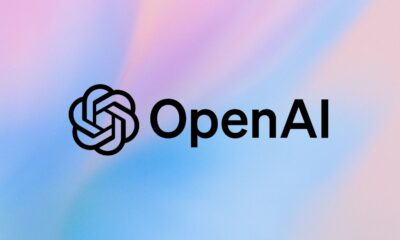AI
Research shows AI is already cutting entry-level jobs in tech
These roles involve tasks like writing code, researching data, or organizing files, all of which AI can now do quite well.

Just a heads up, if you buy something through our links, we may get a small share of the sale. It’s one of the ways we keep the lights on here. Click here for more.
The question of whether AI will replace human jobs has been debated for years. While we still don’t have a clear answer, recent trends suggest that AI is starting to influence hiring decisions, especially in the tech industry.
A recent survey by the World Economic Forum found that 40% of employers plan to reduce staff where AI can automate tasks. (Via: TechCrunch)
This doesn’t mean jobs are disappearing overnight, but it does show that many companies are preparing for a future where AI handles more work. Data from venture capital firm SignalFire supports this trend.
By analyzing job movement data from LinkedIn, SignalFire discovered that in 2024, tech companies hired significantly fewer recent college graduates than in 2023.
For example, large tech firms hired 25% fewer new grads, while startups hired 11% fewer. Instead, these companies increased hiring of experienced professionals.
Big Tech hired 27% more people with 2–5 years of experience, and startups increased hiring in that group by 14%.
Why is this happening? Experts believe that AI is making many entry-level jobs, especially in tech and finance, less necessary.
These roles often involve routine tasks like writing code, researching data, or organizing files, all of which AI can now do quite well.
One startup founder even said his company’s AI tool can do almost all the financial analysis he used to perform as a junior analyst at an investment bank.
Although big financial firms haven’t officially slashed entry-level roles yet, companies like Goldman Sachs and Morgan Stanley have considered cutting junior hires and reducing their salaries because the workload has shrunk thanks to AI.
This creates a tough situation for recent graduates. Employers want experienced workers, but grads need jobs to gain that experience.
SignalFire’s talent expert, Heather Doshay, says the solution is to learn AI tools. Her advice: “AI won’t take your job if you’re the one who’s best at using it.”
Mastering AI could be the key for young professionals trying to stay competitive in a rapidly changing job market.
What do you think about AI taking over these jobs? Do you think we’ll see regulations to counter that change? Tell us below in the comments, or via our Twitter or Facebook.





























